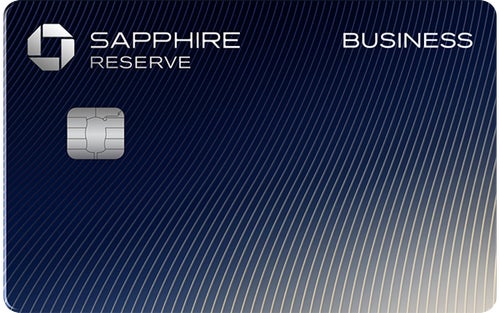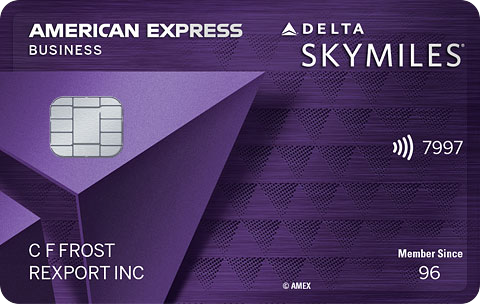
Business Credit Cards - Reviews
Business credit cards let freelancers, store owners, solopreneurs and all kinds of small-business owners make the most of every dollar spent. Whether you’re looking to save on travel, earn cash back, get flexible payments on capital purchases or reduce interest on debts, there’s a business credit card tailor-made for you.
To maximize your earnings, look for business credit cards that fit your spending and savings needs. Cash back cards pay you back on daily expenses and help you save on future purchases. Business travel rewards cards reduce your travel costs and deliver travel-related conveniences. Flex-pay, low APR and 0% intro APR cards help you save on interest and manage finances.
Our CreditCards.com experts reviewed hundreds of business card offers and rated the best business credit cards for 2021 based on several factors. Cash back and travel rewards, interest rates, payment flexibility, welcome offers and partner discounts are the key criteria we used. In our business credit card reviews below, you can compare business credit card offers from our partners and find expert recommendations for specific spending and savings needs.
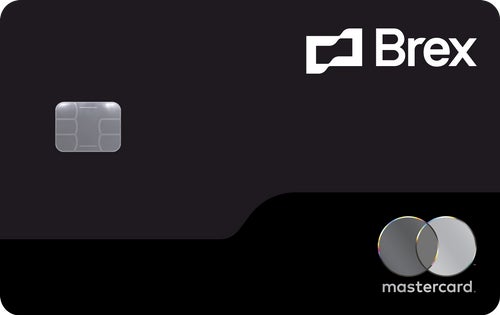
Brex Card
Last reviewed: April 7, 2025
With an application process that makes qualifying faster and easier than usual and a unique rewards program that offers up to 7X points on ride-sharing, the Brex Card is well-attuned to the needs of startup companies.
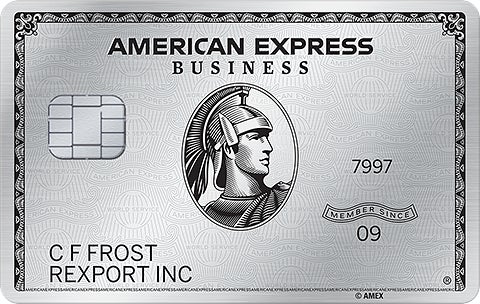
The Business Platinum Card® from American Express
Last reviewed: February 5, 2026
The Business Platinum Card from American Express offers great travel benefits and a large introductory offer, but the spending requirement to earn the offer is daunting, and many small business owners may be hard-pressed to spend enough to qualify for all of the card’s benefits.
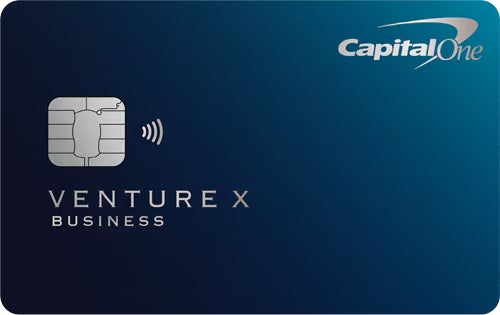
Capital One Venture X Business
Last reviewed: January 20, 2026
The Capital One Venture X Business card offers the same big value for a modest annual fee like the personal card, while upping the ante with a huge welcome offer.
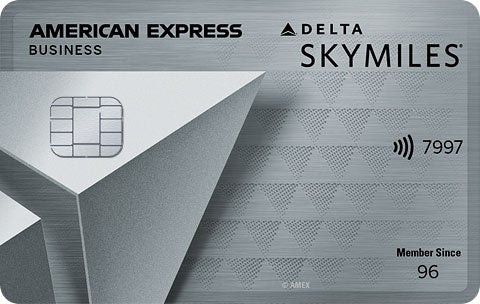
Delta SkyMiles® Platinum Business American Express Card
Last reviewed: January 29, 2026
The Delta SkyMiles Platinum Business American Express Card is a high value airline card that offers priority boarding, a free checked bag and an introductory offer.
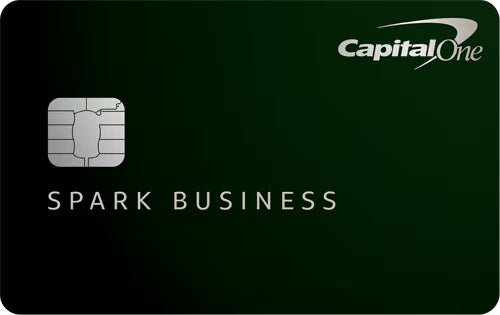
Capital One Spark Cash Plus
Last reviewed: December 10, 2025
If you want a simple business charge card with a superb cash-back rate, you will love the Capital One Spark Cash Plus.
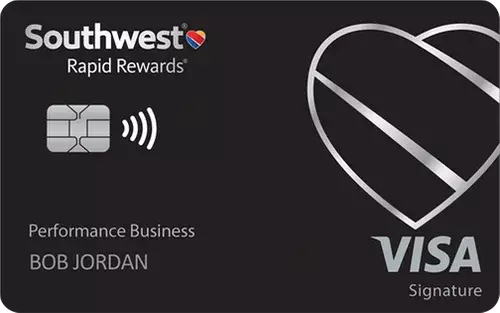
Southwest Rapid Rewards® Performance Business Credit Card
Last reviewed: October 28, 2025
Despite a high annual fee, the Southwest Rapid Rewards Performance Business card packs enough value to make it the best of all Southwest cards.
*The information for the Southwest® Rapid Rewards® Performance Business Credit Card has been collected independently by CreditCards.com. The card details on this page have not been reviewed or provided by the card issuer.
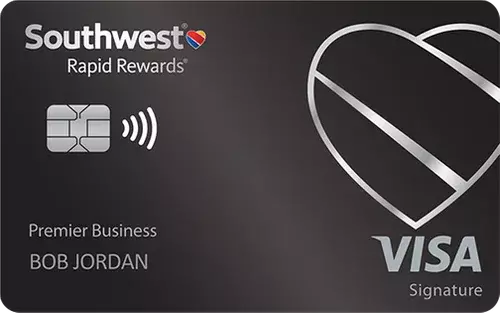
Southwest Rapid Rewards Premier Business Credit Card
Last reviewed: July 24, 2025
The Southwest Rapid Rewards Premier Business credit card is a high-value airline card that makes it easy to earn flights, gift cards, rental cars and more.
*The information for the Southwest® Rapid Rewards® Premier Business Credit Card has been collected independently by CreditCards.com. The card details on this page have not been reviewed or provided by the card issuer.
